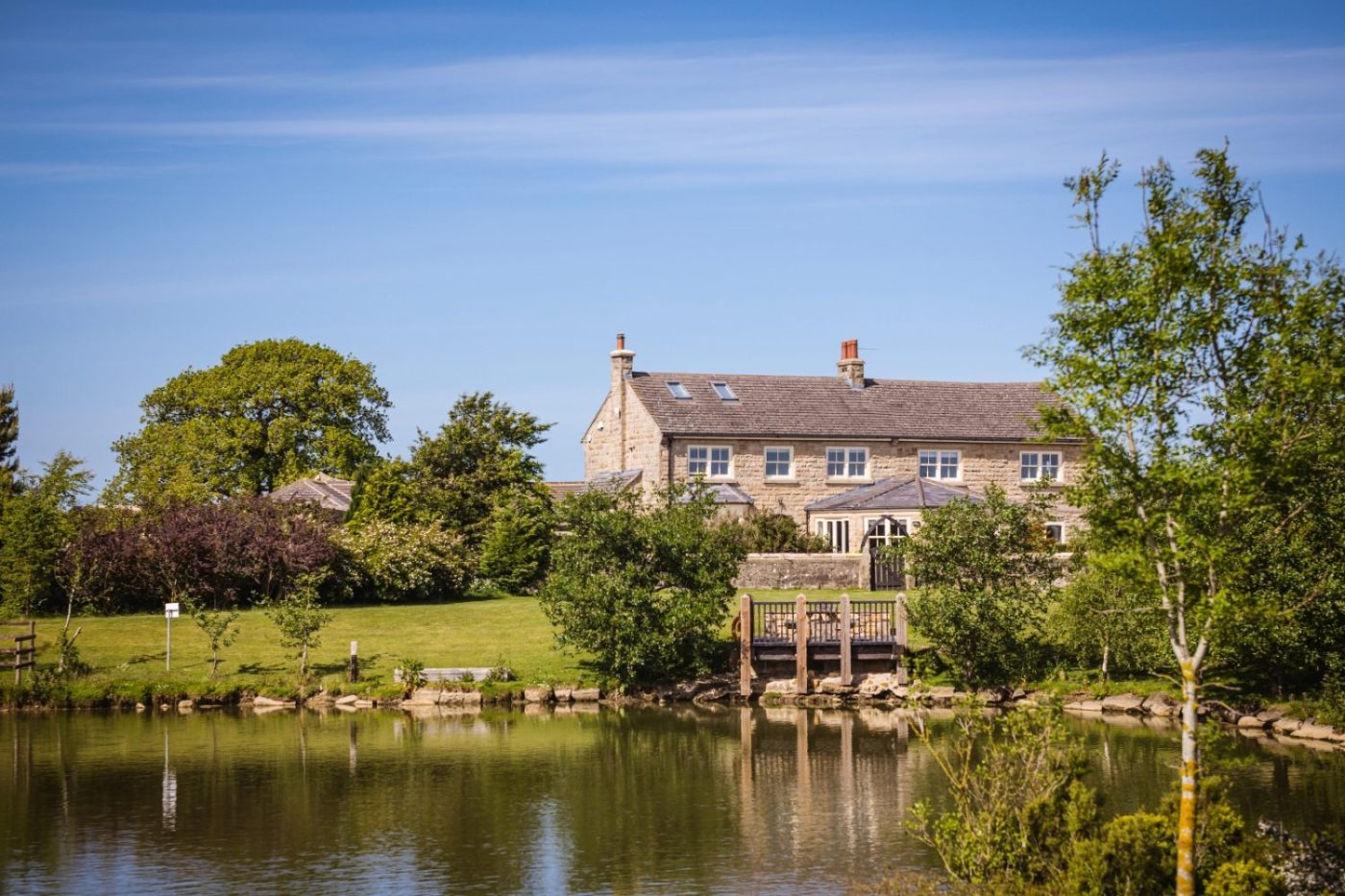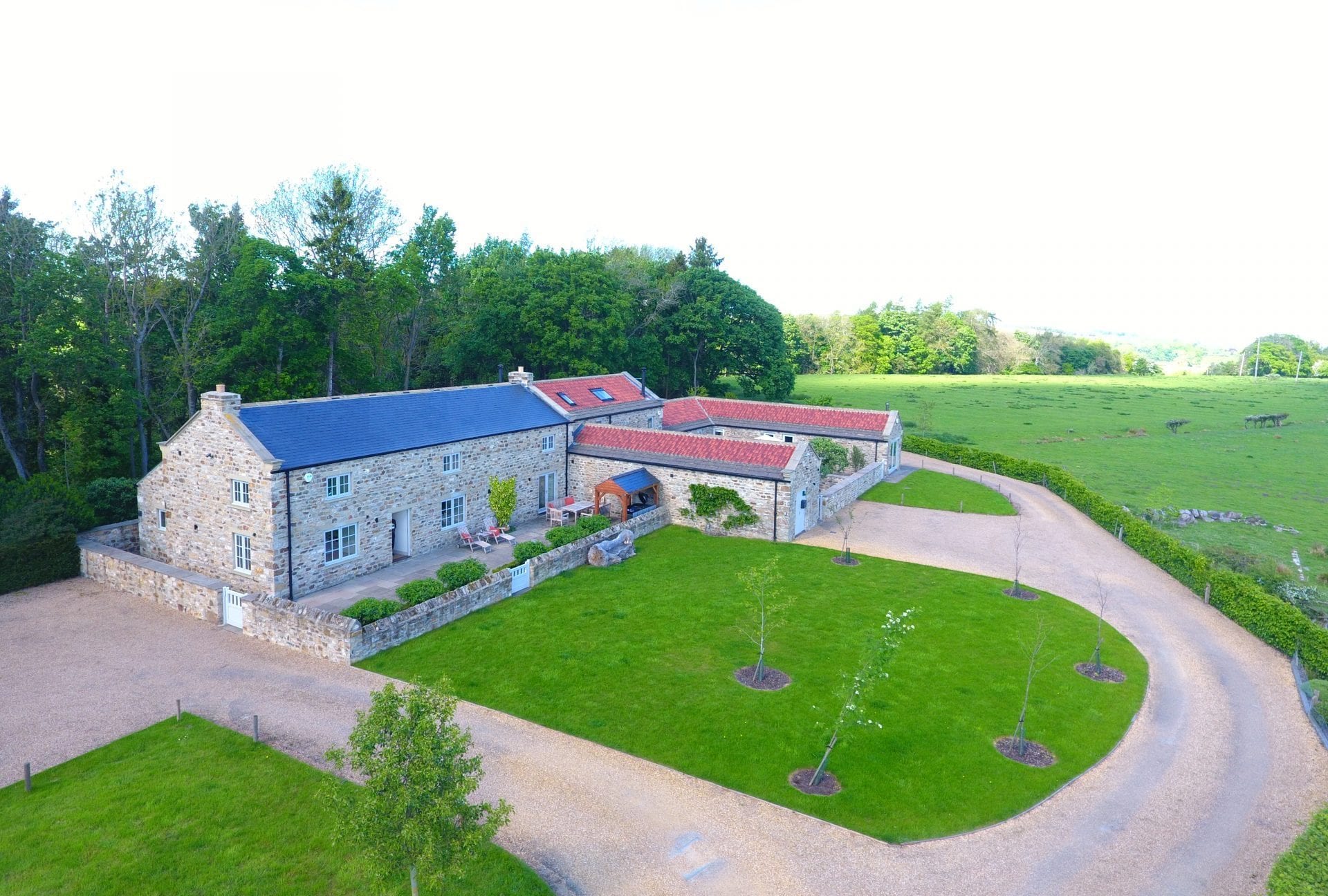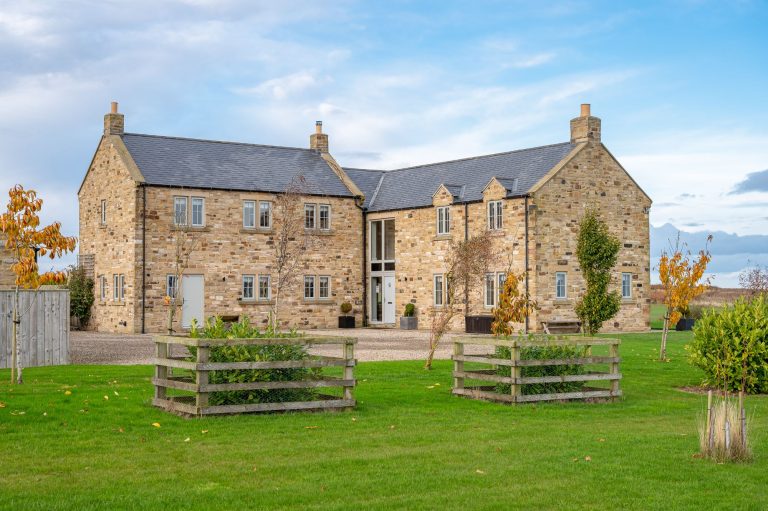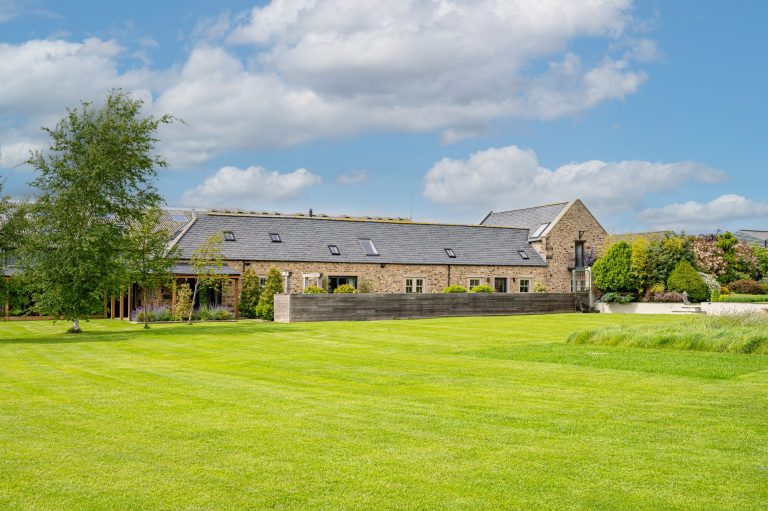Why Book with Us
- Secure Online Payments
- 99% of guests would rebook
- An Experienced, Family Business
- Contact our team 24/7

When deciding to rent your holiday home, it can be easy to get excited about the potential earnings and fantastic feedback. However, it is also important to consider your outgoings, including holiday let business rates.
Holiday let business rates and taxes are not dissimilar to council tax, they must be paid on most properties used for commercial use rather than residential. They are used to help pay for local services.
You will be required to pay business rates on your holiday home if it is available for short-term letting, for periods totaling at least 210 days per year. Unless it qualifies for small business relief, which is calculated on your property’s rateable value if under £12,000.
Business rates are calculated by multiplying a property’s rateable value (set by the Valuation Office Agency) by the national small business multiplier; this is determined by central government and updated annually on 1 April. Your local council can provide your property’s rateable value.
There are certain holiday let business rates and tax reliefs you can benefit from, such as Small Business Rates Relief and Furnished Holiday Let Schemes. The small business relief means many smaller cottages fall under the threshold and don’t pay any business rates.
Detailed information on how rateable values are assessed for different property types is available on the government’s website: https://www.gov.uk/find-business-rates

A Furnished Holiday Let (FHL) is a rental property that can provide tax benefits to owners. To qualify as a Furnished Holiday Let, your property needs to be:
If your property follows these criteria and therefore qualifies as a Furnished Holiday Let, then you will be liable to pay business rate property tax rather than council tax.
North Yorkshire Council Gov.uk AdviceWhen it comes to expenses, your FHL property is treated similarly to that of a business. It is important to note the regulations will change from April 2025, and the government is still clarifying each point.
Expenses claimed must be against commercial use only so if you, your family or friends use your property, your expense will be partly considered as “private use”; you will need to calculate what percentage of the expense is commercial. For example, if you use the property privately for 3 months of the year, 75% of your expenses will be considered commercial.
Expenses must not be capital payments for the purchase or construction of the property, or for its fixtures (capital allowances could cover these expenses). Here are some examples of allowable expenses:

Buying a holiday let property is an exciting investment but, as a new property owner, as well as thinking about colour palettes and interior styling, it is also essential that you are up to speed with all of the necessary Insurance...

The UK staycation market has boomed over the last few years, with tourism data showing 57 million domestic overnight trips were taken in the UK in 2023. With the average […]

If you are considering a new holiday home, are you buying for rental income, capital growth or a lifestyle investment? There's plenty to consider when identifying the perfect property, and here's some top tips to consider during your search...
Making the decision to let your holiday home can be daunting but rest assured we’re close by with guidance, ideas, and suggestions along the way. Our advice and experience can ensure you’ll always remain on track.
Holiday at Home is a holiday letting managing agent for a unique collection of luxury holiday properties in Yorkshire. If you are considering becoming a new holiday home owner or need any assistance, contact our friendly team.
01748 850333
Disclaimer: Holiday at Home is not a tax advisory service, and whilst we endeavour to keep our website as up-to-date as possible with changing regulations all advice should be checked against the VOA and Gov.uk websites.